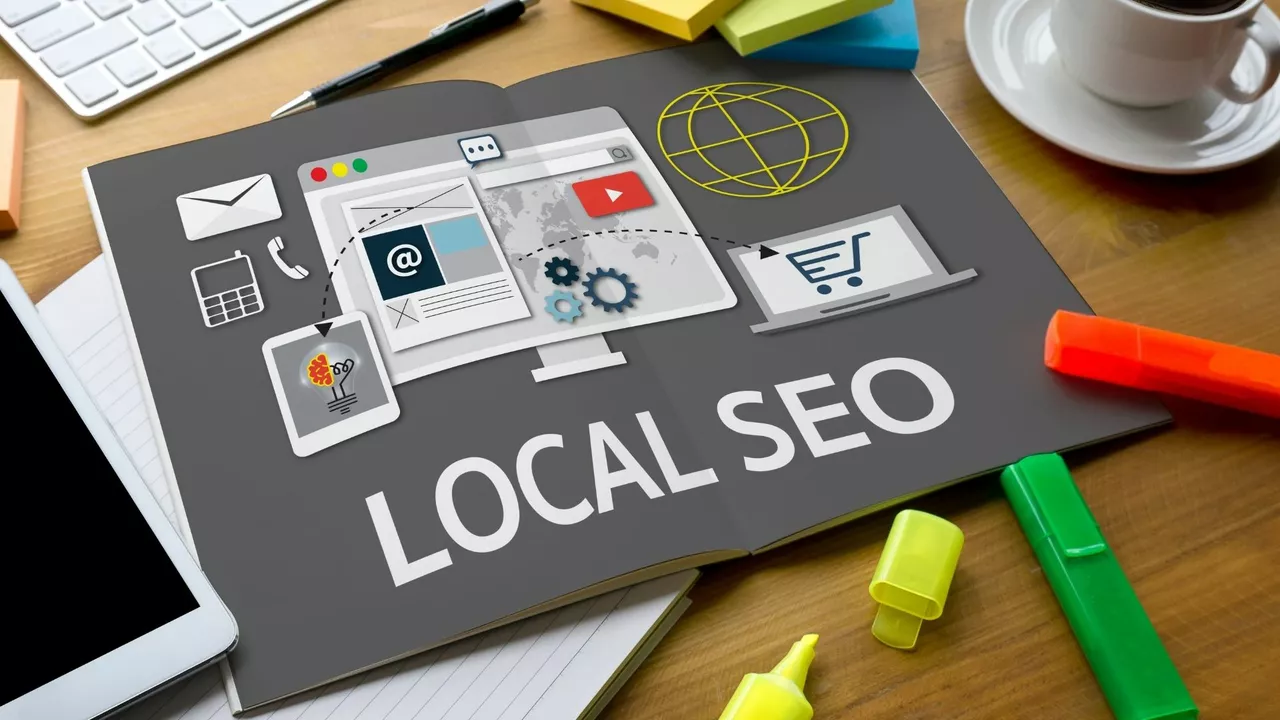SEO – Tips, Tricks, and the Latest Insights
If you’re looking to climb the Google ladder, you’ve landed in the right place. This page gathers the freshest SEO posts from InfoMark India, so you can pull out the most useful tricks without endless scrolling.
We’ll keep it simple: why SEO matters, what you can do today, and where the industry is heading. No buzzwords, just clear steps you can try right now.
Why SEO Still Matters
Search engines are the main way people discover anything online – from a local bakery to a tech startup. When your site shows up on the first page, you get more clicks, more leads, and more sales. That’s why even big brands keep investing in SEO.
Google’s algorithm keeps changing, but the core ideas stay the same: relevance, authority, and user experience. A recent post on this tag revealed a hidden SEO secret: using long‑tail keywords in your FAQs can push you into the #1 spot faster than generic terms.
Another article broke down the most important SERP feature – the organic result. It reminded us that a clean title and meta description still earn the most clicks. Skip the fluff, focus on what users type and what answers they need.
Quick Wins to Boost Your Rankings
Here are three practical actions you can start today:
1. Optimize Your Titles and Meta Descriptions. Keep titles under 60 characters and include your primary keyword near the front. Write meta descriptions that answer a question or promise a benefit – they act like mini ads in the search results.
2. Add Structured Data. Use schema markup for articles, products, and FAQs. It helps Google understand your content and can earn you rich snippets, which increase click‑through rates without extra cost.
3. Refresh Old Content. Pick a post that still gets traffic but is outdated, and add new stats, images, or a better header. Search engines love fresh content, and you’ll often see a ranking bump within weeks.
One of the tag’s most popular pieces talked about blending traditional and digital marketing. The lesson? SEO isn’t a solo act – it works best when you promote content across social media, email newsletters, and paid ads. Each channel sends signals to Google that your page is valuable.
If you have time, dive into the “Hidden SEO Secrets to Dominate Google Rankings” article. It digs deeper into advanced tactics like internal linking clusters and low‑competition keyword mining. Those strategies can give you an edge once you’ve mastered the basics.
Remember, SEO is a marathon, not a sprint. Consistency beats shortcuts every time. Keep tracking your rankings, watch your click‑through rates, and adjust based on real data – not hype.
Ready to put these tips into action? Pick one of the quick wins above and test it on a page this week. Watch the numbers, and you’ll see why SEO remains the most cost‑effective way to grow online traffic.
- Dustin Chamberlain
- 0
What is the difference with SEO and Google ads?
SEO (Search Engine Optimization) and Google Ads are both essential digital marketing techniques, but they work differently. SEO is a strategy used to improve your website's organic ranking on search engines, while Google Ads is a paid advertising platform. With SEO, it's all about creating relevant content and using keywords to attract traffic. On the other hand, Google Ads allows you to pay for top slots on Google's search engine results pages. Thus, the main difference lies in the approach - organic vs. paid, and the time it takes to see results - SEO is a long-term strategy while Google Ads gives immediate visibility.
Read more